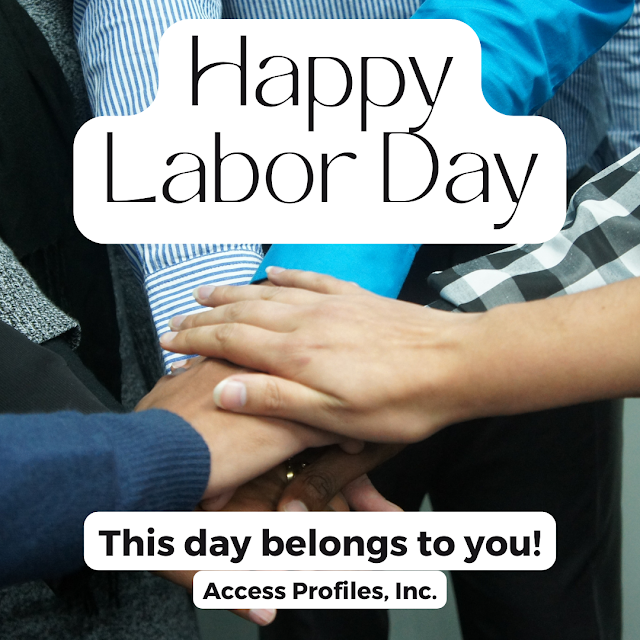
Can an Employer make an employee give them access to their phone and social media accounts during an Investigation?
This question recently popped up on a popular Q & A site, and we decided to weigh in, and here is our response…
“If by “investigation” you mean the employment background check, then the answer is No! Potential employers do not have the right to your passwords, phone, etc. However, they are entitled to look at any of your social media that is labeled “Public”, or even posts that your “friends” have shared that include you. That is why it is so important to be cautious about anything you post online, especially when you are in the midst of a job search!
Now, if by “investigation” you mean a company investigation into potential criminal activity or actions that violate company policy, then while the answer is still “No”, there are exceptions. Companies have every right to access all information that is on company property, and that includes company laptops, computers, and phones. When it comes to personal devices, then most likely they would need a court order to compel you to provide the access needed".
See the original question and additional answers here!
When it comes to your personal devices and social media accounts, employers do not have the right to require or force you to give them access. Your passwords are private and they should never even ask you to share them.
But that does not mean that they can’t do an online search to see what is “out there” about you in the public domain.
That is why it is so important to be aware of what you post on social media sites and who you share it with.
No matter what precautions you take, people, and that includes employers, can often see more than you realize! That is why it is so important to be proactive and to recognize your rights when it comes to your passwords and social media accounts.

Most employers or their agents run an applicant’s name through Facebook, LinkedIn, Twitter, etc. to see what is “out there”. For this reason, we recommend any job seeker do a Background Check on themselves prior to putting out that first application.
What most companies do not do, and definitely should not do, is request an applicant’s passwords to access those accounts. Checking to see what is readily available to the public on those platforms is a far cry from asking for passwords to do so. As an employer, it is not wise to attempt to gain this information from anyone.
In fact, in many cities and states it is illegal.
Some states have passed their own laws to prohibit the request of passwords (and we predict many more will follow suit) *Source1. It is a clear invasion of privacy to ever request this type of personal information.
Despite regulations governing the request of social media passwords, applicants and employees still need to be mindful of what they post.
The truth is, employers often use whatever information they can obtain to help them make a hiring decision. It is important that you know what information can be seen by those not even in “your circle” and to think about what kind of conclusions might be drawn from it.
Your best course of action is to imagine anything you post could possibly be seen by a wide variety of people ~ your family, friends, neighbors, teachers, employers, and even those that are strangers to you. Using that as a guide,
do you still want to share that post? Asking yourself that question BEFORE you share is the wise way to go".
Discover more about how you can protect your online “image” and make what you post on Social Media work FOR you and not AGAINST you here!
When it comes to your Employment or Job Search, Social Media sites can be helpful or harmful ~ and that is entirely up to you! Being careful what you post and who you share it with is a great start…and can go a long way in helping you get and keep the job you want!
Authored by

Need help in getting your Resume or Social Media “Background Check Ready”? Contact API Today. We can help!

Check out Our Services and learn more About Us through these links. Discover what Our Happy Clients have to say too!











